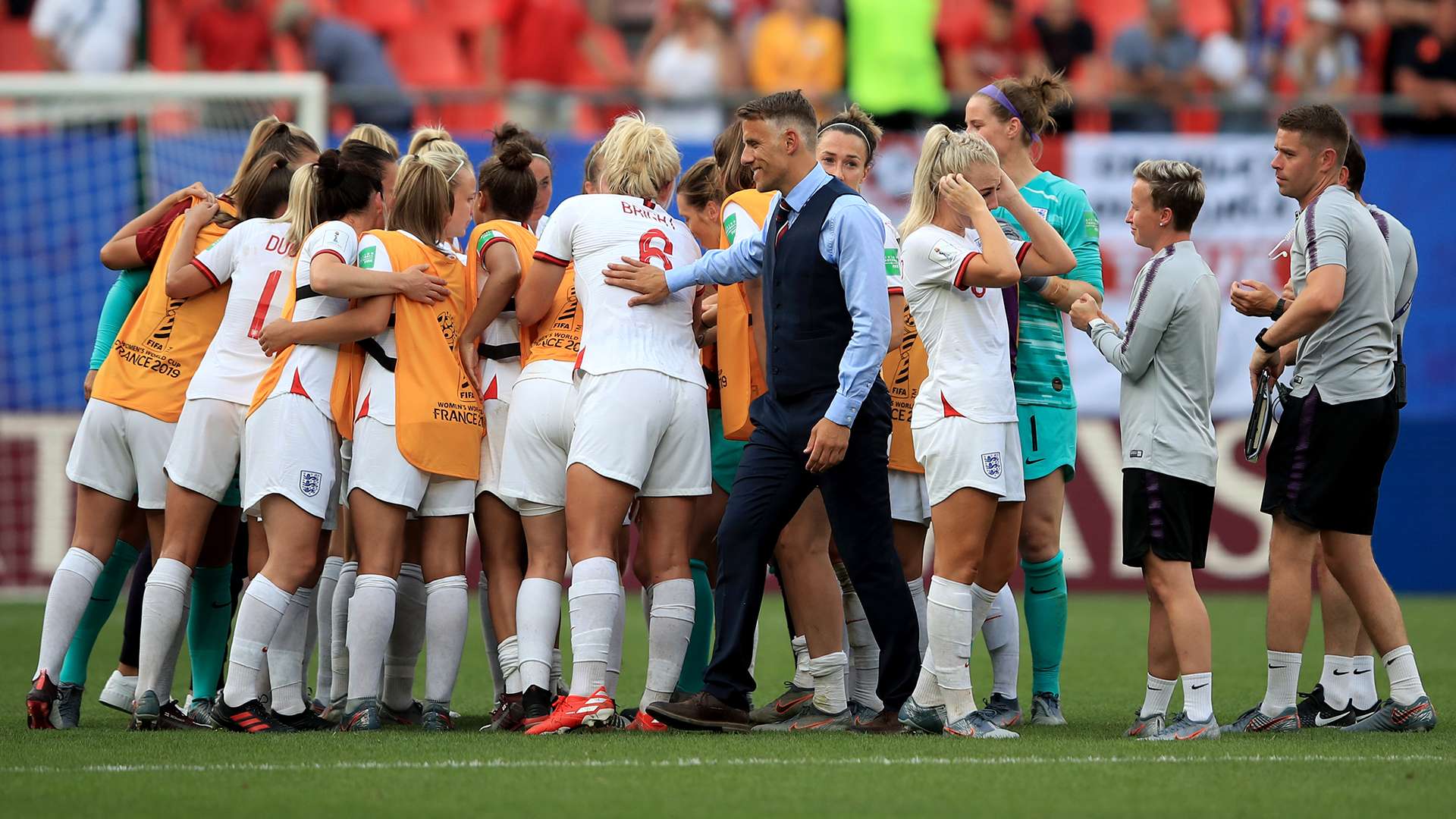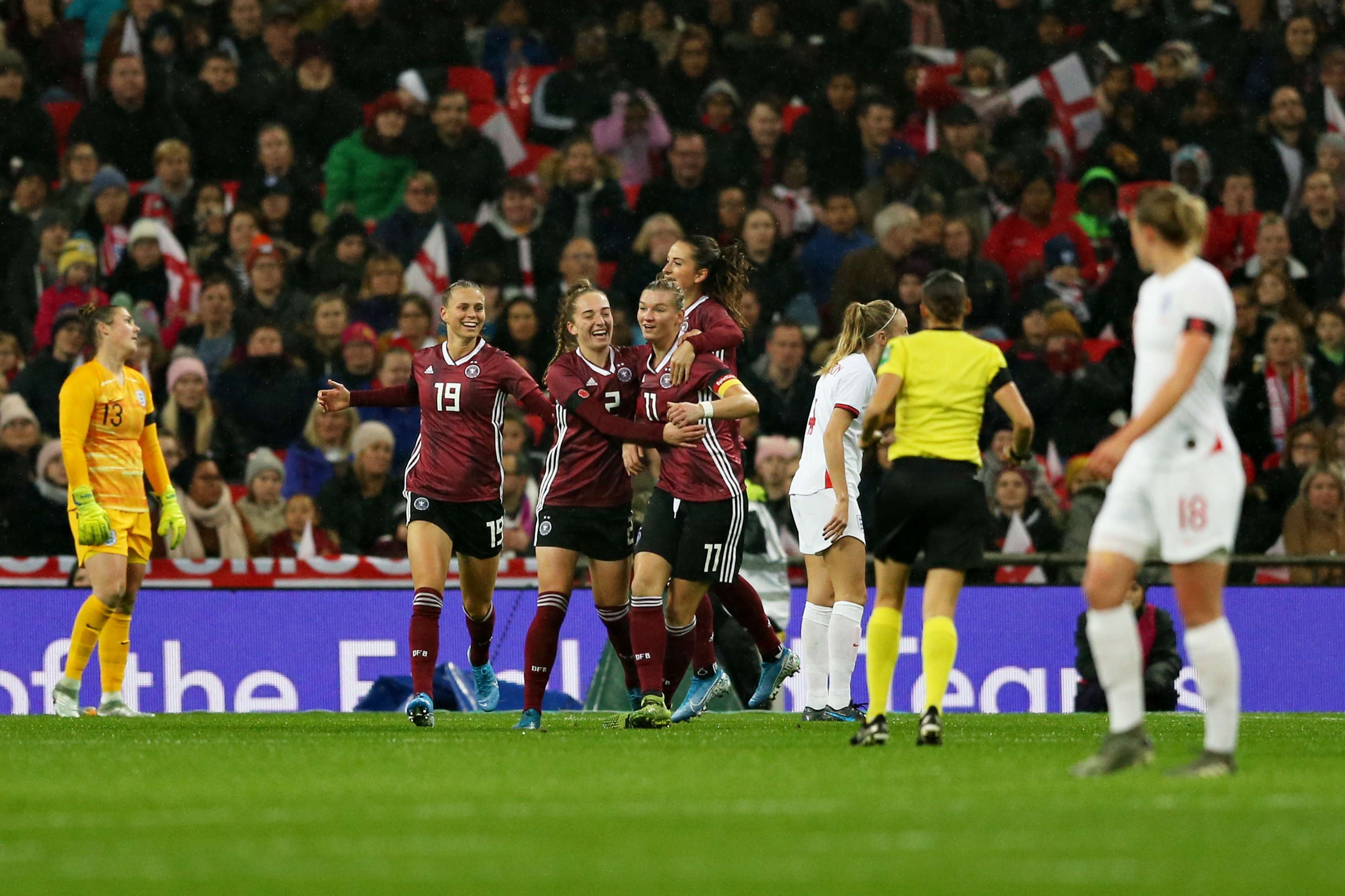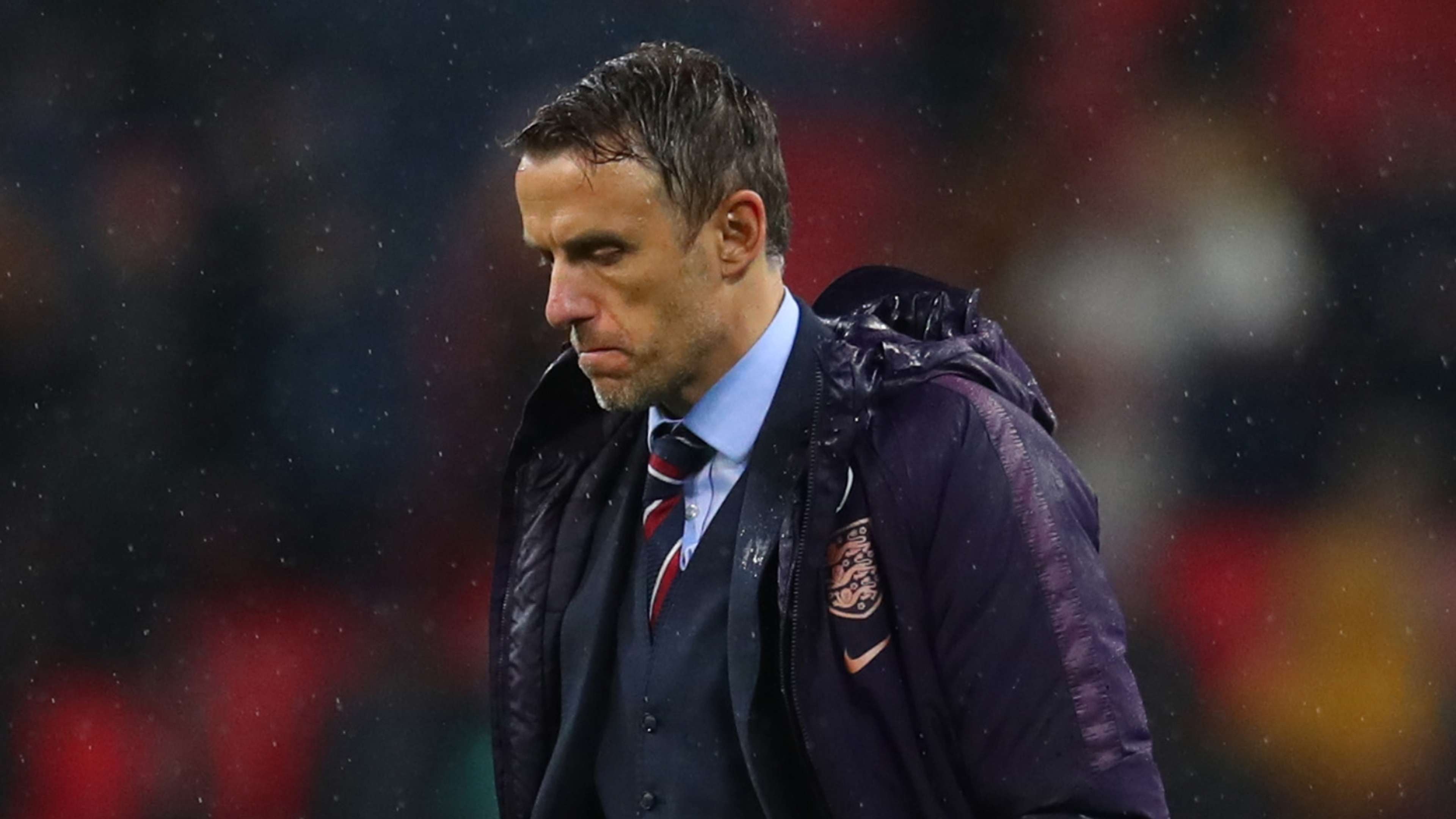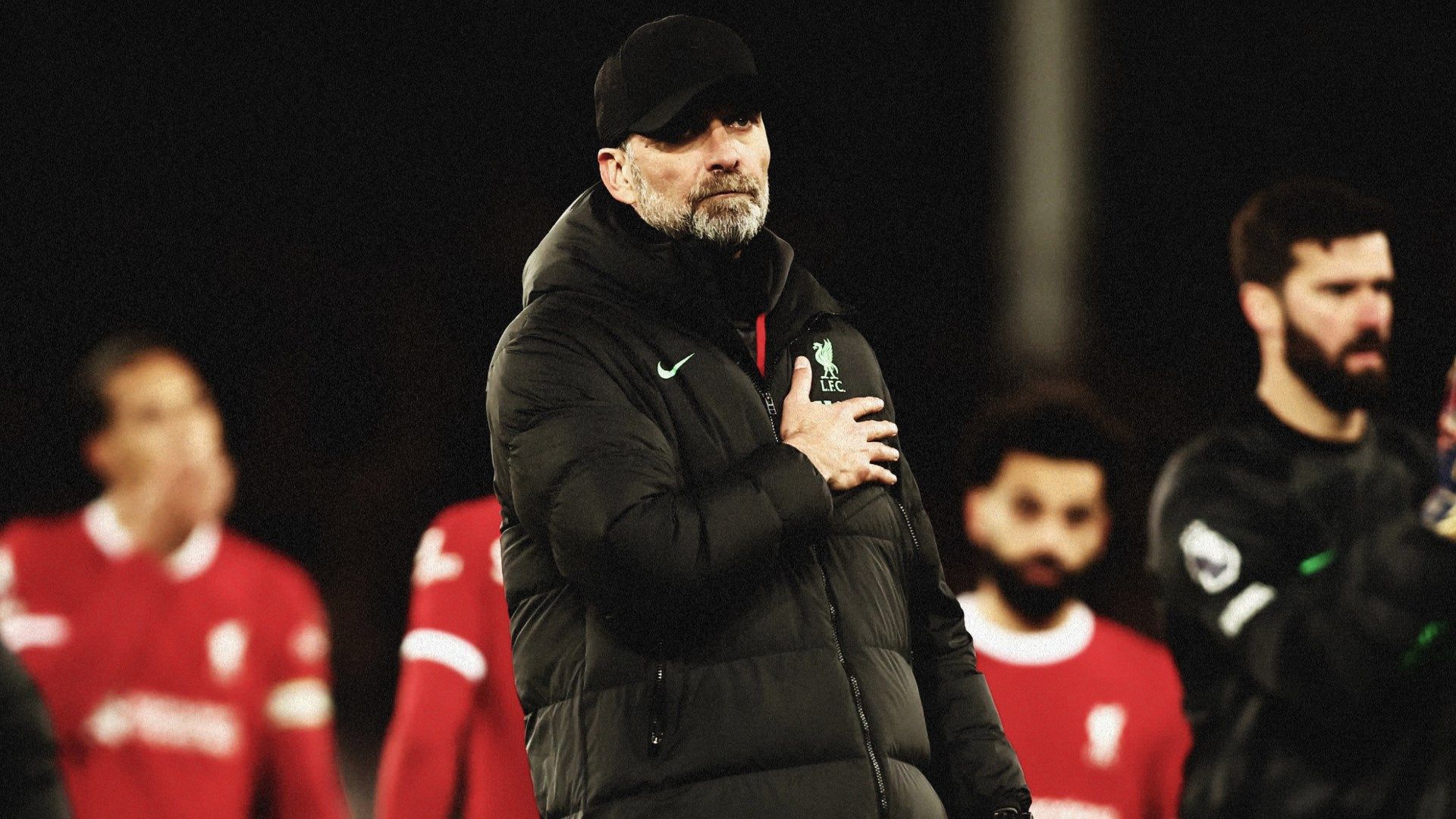When Phil Neville sat in front of a packed press room on Saturday night and admitted England had not been playing well enough, it was long overdue.
The Lionesses' 2-1 defeat to Germany at Wembley made it one win in seven games since that triumphant 3-0 win over Norway in the Women’s World Cup quarter-finals , and only the semi-final defeat to the United States that followed has seen anything remotely near the level of that performance.
But the 42-year-old has been defiant , repeatedly praising performances that have only been good in very short spells.
Saturday was different.
“There is no hiding from the fact,” he said, when asked if England had gone backwards since the World Cup.
“One in seven is totally unacceptable. It is not what I see as success and it’s something that I think we need to do something about very quickly.
“I've got to take responsibility for those results. The buck has got to start with me and finish with me, ultimately, because the team always reflects the manager, and at this moment in time the results haven’t been good enough which means that I’ve not been good enough.”
He followed those comments up with similarly honest remarks in recent days, ahead of England's game with the Czech Republic.
While everyone expected them to bounce back and end 2019 in style against a team ranked 23 places below them, they instead just about scraped a 3-2 win in a performance that was not necessarily improved, but one that definitely showed the character of the team as they came back from 1-0 down.
Amidst the current run of form, now two wins from eight games, it can be easy to forget the positives that have come with Neville and his appointment.
He has undoubtedly improved the mentality of the team, upgrading the underdog mentality England had under previous managers. He's given the players the confidence to take on the world’s best, beat the world’s best and be one of the world’s best.
Furthermore, his philosophy is for England to play more attractive football, attracting more fans to the team and their games. That’s not to disrespect former coaches, but Neville focuses on a more entertaining, attacking brand rather than a direct style.
Young players have progressed under him too. The ex-Manchester United full-back has faith in youth and has overseen the impressive development of the likes of Georgia Stanway and Keira Walsh, with names like Lauren Hemp and Chloe Kelly now in and around the squad too.
 Getty
Getty
But while he swears by his philosophy, he veered away from it against Germany, playing “more direct” to get a result – a result which didn’t come.
It was the first time that his players looked confused and on different wavelengths, particularly when they were pressing.
The errors were the same, though: poor defending from crosses and giving the ball away in dangerous areas.
Giving centre-back Leah Williamson a deserved place in the team is a start, but it doesn’t address the issues – with nine of England’s last 15 goals conceded coming from crosses or corners.
Goalkeeping errors have also been a problem. Mary Earps, for example, has been one of, if not the best goalkeeper in the Women’s Super League this season with Man Utd. But for England's women, she has made a number of uncharacteristic errors in recent months.
With the back four and goalkeeper constantly changing, the Lionesses’ defending has left a lot to be desired.
The rotation is, on the one hand, understandable. England are in a phase that will see them spend almost two years playing just friendlies, in preparation for the home Euros in 2021.
It’s the perfect time for them to experiment and try new things, but Neville hasn’t been doing that with different formations, just players.
Speaking ahead of the Germany game , he mentioned how they can play a number of different formations – something that will have no doubt made preparing for the game a little tougher.
But for Martina Voss-Tecklenburg and her team, there were no surprises. England play 4-2-3-1 and except for the goalkeeper, one of the centre-back positions, the left-back and the striker, the personnel are predictable too.
Neville speaks a lot about playing the same way as the England men’s team and following the England DNA, but even Gareth Southgate changes between set-ups, using a 3-5-2 formation throughout the 2018 World Cup.
When England lost to Germany at Wembley five years ago, Mark Sampson used it as a huge learning curve and made changes that would see his team reach the semi-finals of the World Cup just eight months on.
Will Neville use this moment in a similar way?
 Getty
Getty
The situation that the FA find themselves in now is a peculiar one. With Neville to take Team GB to the Olympics in 2020, to sack him now would be risky.
Not only that, but the candidates to fill the position are not ideal, particularly with Casey Stoney, seen by many as the perfect replacement, having just signed a new deal with Man Utd.
Furthermore, this is Neville’s first real blip in charge and to sack him without giving him chance to respond would be harsh.
No manager would have done better than he did over the summer, in a World Cup in which England were mesmerising at times, albeit never for a full 90 minutes.
With no more international fixtures until March, he has a lot of time to analyse the problems and what the solutions are, while also giving his players a lengthy break that they probably need.
To sack him on the basis of performances and results from just the last eight games would sum up the fickle nature of modern football.
But the important factor is whether or not the FA feel Neville can take England even further than he already has.

.jpg?auto=webp&format=pjpg&width=640&quality=60)
.jpg?auto=webp&format=pjpg&width=640&quality=60)

